What is more likely to break your back financially while pursuing a music career?
A. The early days, when your busking, playing crap gigs for little pay and living off of twenty-five cent ramen noodles for dinner?
B. The break when you get on the road, gigs are paying good, and you get offered a substantial industry record deal or management contract?
I've seen it and lived it too many times. Our life energy, passion, and heart is spent on the thing that gives us our livelihood.

In my humble experience of 25 years in the music industry; I'd have to say (B) is the correct answer. The hardest hump to get over is that crucial era between the starving artist and the pro. So incredibly tricky is this land mine-infested valley to cross, it has been my doom several times over. Doom's definition for me being—having to put the guitar in the corner and go back to a 9-5, or semi 9-5 type situation.
Before I get into the beef of my thoughts on this music career issue, I wanted to say something about my sparse posting on steemit in the last year. It was due, partly to this very issue, I actually ran up against 'success' once again, and became so bogged down in minutia and contracts and just trying to keep my head above water that I had to drop, not only steemit, but almost every place on the web where I so enjoy writing.
The Big Hump Is Not Where You Think It Is
I've talked to a lot of fellow music travelers in my own journey. Some of them paying the bills with music, some of them signed to majors, and some of them still afraid to book their first gig.
That message is that the most challenging and most dangerous shores lay ahead when success comes knocking—Specifically, the time when all the hard work you've put in starts to pay off.
Besides my own experience, I'm no expert in the music business. I can only speak to my career and draw somewhat evidential assumptions from my friend's music careers. Some of whom have landed significant label deals, others who have failed ever to achieve even a core audience.
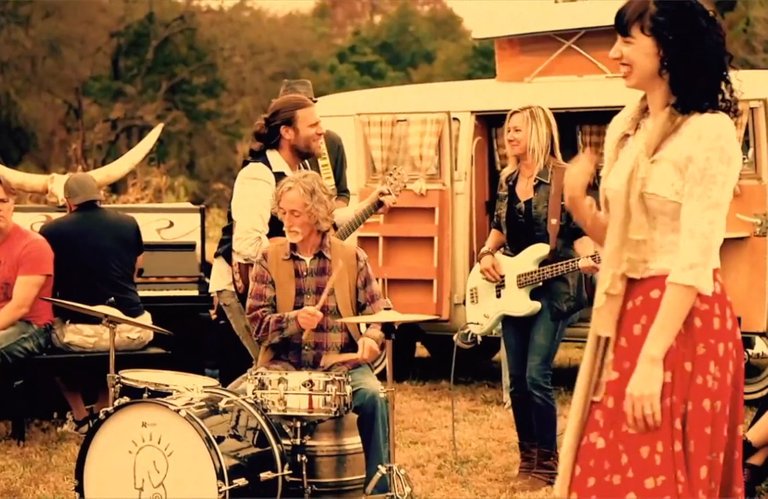
This message is to those who are on the climb upward in the music industry. That could be a small climb, meaning your gaining some traction online with a new single, or your out gigging and making enough to live off.
That message is that the most challenging and most dangerous shores lay ahead when success comes knocking—Specifically, the time when all the hard work you've put in starts to pay off. Your getting calls from the industry on your cell; considering contracts that will put you on the road full time, or other such exciting omens of 'success.'
I am someone who has hit this level quite a few times. I know others that have also hit this level and have the same woeful story to tell. It's hard. And it's hard to prepare for.
We seem to think that the hardest part might be the lower level achievements, such as getting to a place where your music is your primary income. We believe that is what makes or breaks a music career. And it makes sense to think that. It seems very reasonable that if you can figure out how to eat and pay rent with your music, that you would be naturally prepared to scale it up to a nationwide fanbase, or if you are doing that already then a worldwide presence.
Success MAY HAVE Ruined My Music Career
Now, these are some wild west times. I know from my long years in the industry that it used to be different. But even then—in the 90's where it was the common thing for someone else to come in and help you to the next level—I think these principles still applied. The business principle that the most dangerous time in a business is when they try to 'scale' their functioning mom and pop shop.
I was holding things together by a string during the decision to go bigger.
I don't know the lingo, but I do know that regular old business face the same problem.
Let's use a small solo sandwich truck business. They reach a point where they are profitable with that one truck and a few employees. They decide it's time to grow to a fleet of 5 vehicles. (For us musicians, that would be to go from a regional successful touring route bringing on a team member, a manager or label, to go much more significant reach .)
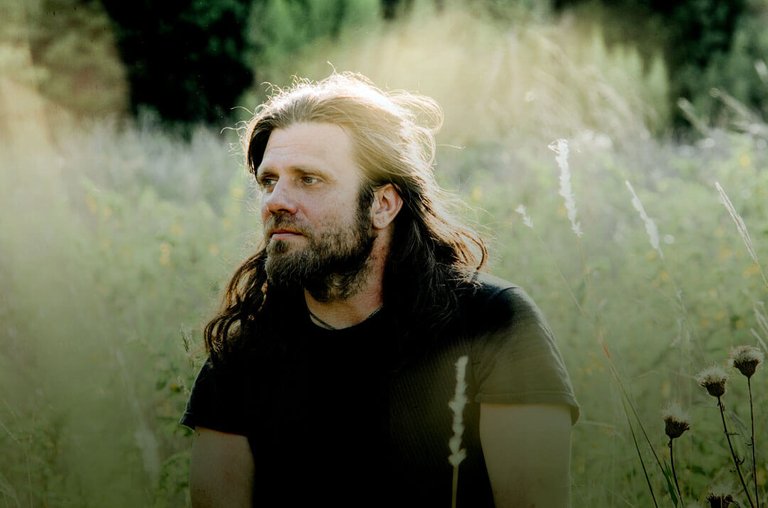
Our food truck owner finds out very quickly that he has entered a new zone. This time frame, from what I've heard, is where a majority of business fail—while attempting to scale. And it makes sense that they should scale. There are only so many hours in a day for just them, and there is only so much revenue their one truck can make. If they ever want to do more than sole survival, they have to find a way to keep adding trucks and employees.
In the same way. I am a solo musician. I am alone. I create my albums mostly alone, with occasional guest artists stepping in. I tour alone, I book alone, I market alone, I do the artwork and writing alone... and the list goes on. The food truck person is the same. He's the only (or one of the only) employees he has to look after.
Because of the nature of time; to scale, he must either figure out ways to work double fast or raise his prices to make more revenue. Raising rates is an option, but not one that always works. Usually, we end up trying to expand. Expansion for a musician is to bring on a team. A team can be a booking agent, a band, a PR agent, a manager, or a label.
Danger Zone Examples
In my years working the music life, I have achieved moderate success on four occasions, and in each of these came up against the success hump. I'll use one example to give a general feel of what that definition of success is for me, and use it to illustrate how all four fell apart in the same way.
This example from my career is the same primary storyline of the other three.
We had a band that was getting attention. Local shows were starting to fill up. I acquired a good amount of patrons and had a steady income that was covering basics. I completed a major studio album and went on a PR blitz along with touring. The album started winning accolades and awards. Through gigging and online sales and patron type funding I was making my primary income from music. I had a band that helped out locally, but they had full-time jobs and couldn't tour so I stayed pretty close when touring. Then I started receiving industry attention, mainly from some of the contests I was in.
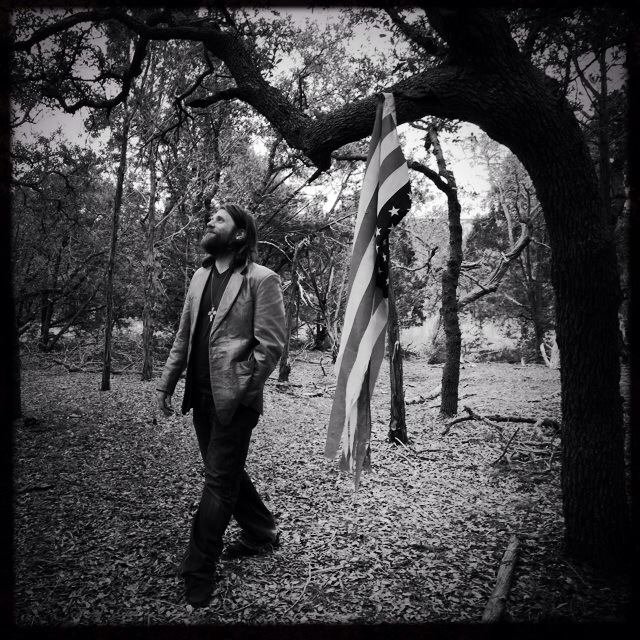
At this point, mentally physically and emotionally, I was at a breaking point. Breaking my back every day trying to keep up with all the things that must be done to book and market and sell and practice and record. I was at the Foodtruck dilema.
The attempt at growth was too much for my little string because even the effort to sign with the industry costs lots of money
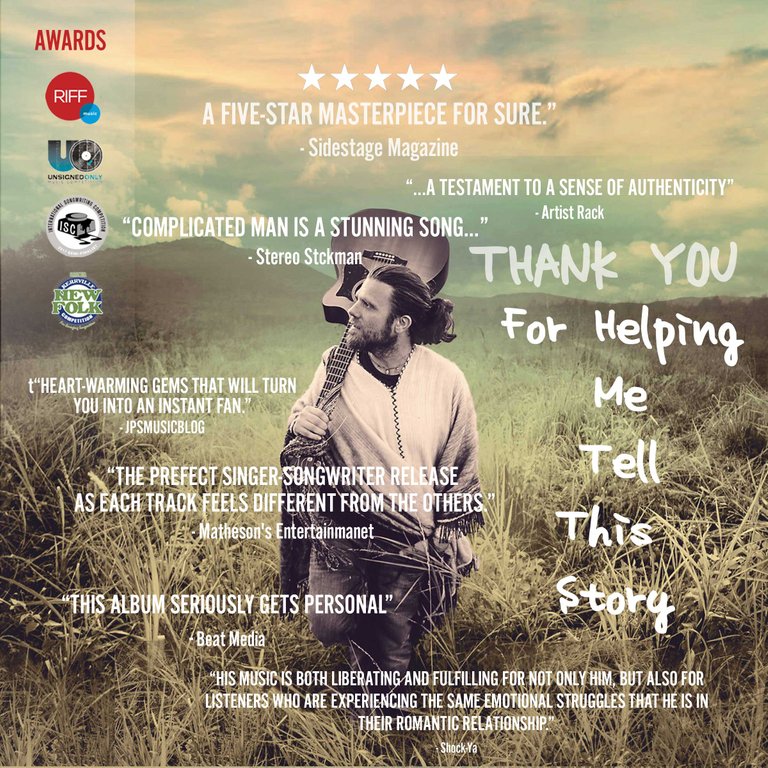
But maybe even worse. It cost so much to keep my equipment working, and make products to sell, that my income was crumbs to maintain basic needs. Because it took 16-17 hours a day to keep this meager organization going; to do any real outside job was not considered very often.
The Juggling Dilima
One hand would have to let go to do anything else for income. It was a real dilemma because the music income required actual time to make revenue. And if I let up on that time it needed, no residuals were happing, so all income would start a tumble like a slow motion falling deck of cards.
I was at the point where our food truck guy was. I could keep this up, but for how long I wasn't sure. It depended on mass-energy. To scale it, I either needed to hire an assistant (which I didn't have enough for), try to get smarter systems. (Which I suck at) or try to go bigger by getting someone else interested in the slice of pie. I did that... I decided to go with a manager. One who I was confident could take me worldwide.
I will spare all the details. But, in short, all four occasions of my success look similar to this.
I was holding things together by a string during the decision to go bigger. When I tried to expand—in this example, it was with a team member, but in others, it was with labels, or hired help—my string popped.
A lot more of it was the physical and mental drain of trying to keep my music biz game going
The attempt at growth was too much for my little string because even the effort to sign with the industry costs lots of money in legal fees. On top of that, when you begin to go to places where no one knows you, the trip is almost always pure loss financially.
Capital Is Key For Working Musicians
There has to be some capital, or you can't grow. I didn't have capital, and I didn't know how to get it. When I was offered capital from the industry, it was at the cost of part ownership of my music... for the life of the copyright. That's the only deals I ever got offered. That is not something—at least for the money they offered—I was willing to do.
I ended up, during each one of these attempted climbs out of my musician pit, going almost to zero. Some of that was by just the logistical costs of trying to move to the new operation, some of that was legal fees—trying not to get F$%# to hard.
A lot more of it was the physical and mental drain of trying to keep my music biz game going while at the same time trying to enter into a 'new' business of music.
There is only so much one person can do before they realize they are just one person.
I could not keep all the balls in the air. The deals fell apart, and I ended up having to put music down for a time and seeking work elsewhere for work. Always to rebuild my efforts, and go at it again.
I'm at that place again now. I had a deal fall apart the end of last year. With it, my music career tanked again, the record I was making got held up for almost half a year. So I'm back at it, saving to go try it again.
So, What's The Solution?
If I'm honest, I don't know the solution. I've known (what I think is the problem) for years. That being that I somehow need to set aside capital for the transition once it comes knocking. Yet, the same thing happens each time. I do set aside some money but when it gets in the thick of it, and a guitar breaks at a show, I have to have a guitar for the next so, I dig into my rat holed money. (and etc...) In a short time, I'm back to my cycle.
A Musical Conclusion
It might sound quite frustrating. And it is sometimes. It would be more so if my goal were to be a famous known artist. But it's not. For me, it's always been, not even a goal, but more so, a mission—to live inside my music as much as possible.
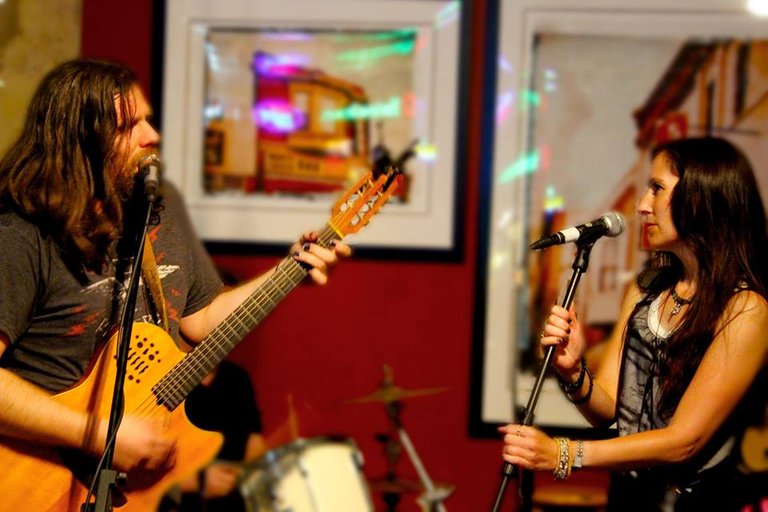
That means, for me at least, that I need to be always attempting to make it one of the central pillars of my life. In that very attempt, I am inside music. If I am not trying to make it a profession—then: Where the money comes from is where your heart goes to. And that is whether I want it to or not.
I've seen it and lived it too many times. Our life energy, passion, and heart is spent on the thing that gives us our livelihood.
I rarely pull off my entire livelihood by music, but even to ensure half of my time is still better than nothing. And if I'm in the right mindset, it really is true that the joy of it all is in the journey and not the destination.
I'm a Texas singer/songwriter in the Americana/folk genre. You can follow me on spotify here or apple here, bandcamp ... or just pick your favorite streaming platform. All images belong to Ezra Vancil Music Uploaded to steemit
Congratulations @ezravancil! You received a personal award!
You can view your badges on your Steem Board and compare to others on the Steem Ranking
Do not miss the last post from @steemitboard:
Vote for @Steemitboard as a witness to get one more award and increased upvotes!